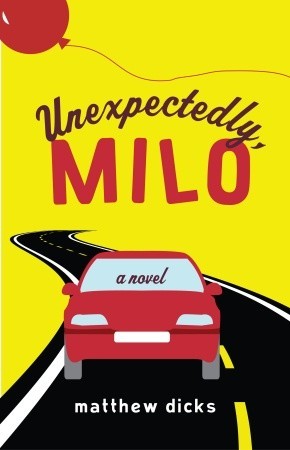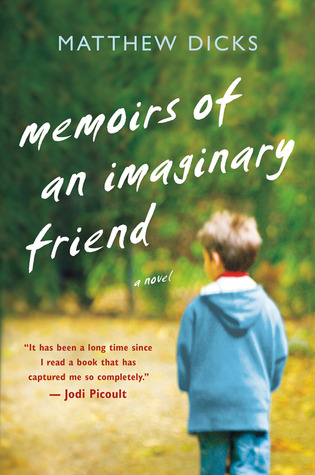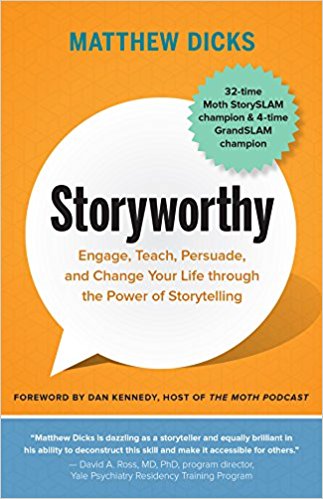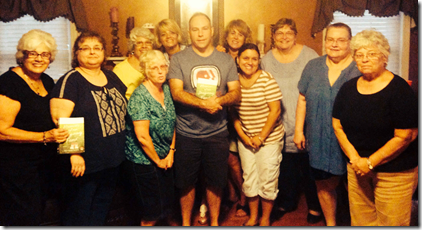Book clubs on boats. Book clubs in cars. Book clubs complete with game shows and nudity.
/In the past nine years, I've attended hundreds of book clubs to talk about my books. It is by far one of my favorite ways to meet readers, because unlike a book store or library appearance, these folks have already read my book and are prepared to ask some interesting questions.
I've also learned that not all book clubs are alike. I've seen some strange and fascinating things over the years while visiting with book clubs, including:
- Game shows - complete with theme music and large, colorful props - designed to test book club members' knowledge of the story
- Power point presentations arguing in favor of the next book
- Buffets only containing foods mentioned within the book
- Skinny dipping (admittedly, that was my own book club, and not me)
- End-of-year, Academy Award styled awards shows for favorite books and characters from the previous year (voted on by secret ballot by members of the book club)
- Heated arguments (and one woman storming out of the house) over disagreements about themes and plot points, (even though the author was there to definitively answer the question)
I've attended book clubs in living rooms, restaurants, backyards, libraries, community centers, and churches. I've joined book clubs via Skype with people from all over the country and the world. I once spoke with a group of Saudi Arabian women wearing head scarves that covered everything but their eyes.
Twice I've attended a book club hosted on a boat.
Perhaps the strangest book club I ever visited was one who I joined while driving through the Bronx. Elysha and I were on the way to a Moth StorySLAM and planned to arrive early so I could join the group via Skype on my phone to answer a few questions before the show. Traffic slowed us, so the call from the book club came as I drove through the Bronx to the show.
Elysha pointed the camera at me, and as I navigated my way through the streets, I answered questions about Memoirs of an Imaginary Friend. The group even asked Elysha some questions about being married to an author.
We spoke for about 15 minutes. In that time, I found the theater, parallel parked, and wrapped up the call in the car while Elysha went to get a spot in line.
I've often thought about writing a book about my wide and varied experiences with book clubs: both my own book club and the ones I've visited. It wouldn't be a terribly long or especially profound book, but that might make it the perfect book for book clubs everywhere.






